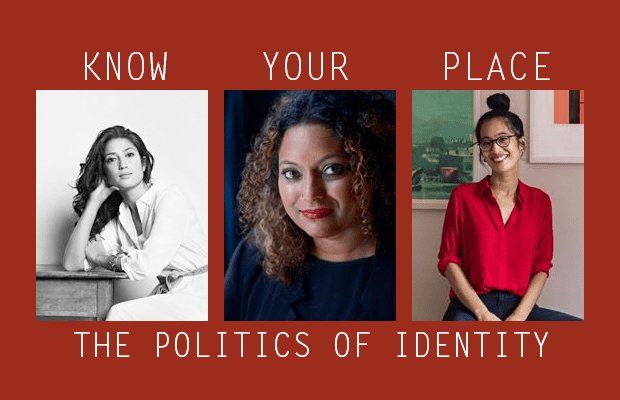The question (and perhaps the burden) of representation is one that plagues many writers of colour. But should it? Are literary portrayals of “life in the margins” construed by readers as mere examples of “migrant porn”? And how are we to move beyond the optics of diversity to enact real, structural change?
Roanna Gonsalves, author of The Permanent Resident, begins the Sydney Writers Festival panel on Friday with the following words on identity:
“It is true that writers of colour often get asked to speak about identity, as if that’s our place, whilst white writers don’t. But really all writing is an exploration of identity at some level; it’s just that white identity is the norm, and so is masked as neutral.”
Questions about the visibility and invisibility of certain identities serve as the guiding structure of Gonsalves’ discussion with novelists Fatima Bhutto (The Runaways) and Elaine Castillo (America Is Not the Heart). Bhutto was born in Kabul, Afghanistan, and grew up in Syria and Pakistan, whilst Castillo is a Filipina-American born and raised in the San Francisco Bay Area. Both authors are concerned with interrogating the shifting and unstable intersections of race, gender, class, and national history.
Castillo, when asked about the process of creating Hero De Vera, the protagonist of her novel, says that her main goal was “not depicting Filipino women as a monolith.” She argues that class complicates figurations of power within ethnic enclaves, yet these internal divisions are often elided into a singular group identity. “The idea that we would expect a certain group of writers to translate their culture,” Castillo notes, “ultimately impoverishes what readership really is.”
Rather, both Castillo and Bhutto are preoccupied with the quotidian, the everyday, and the banal lives of people of colour. “The terror of violence is not in the act,” Bhutto says, whose novel explores the pathways to Islamic extremism. “It’s all those days afterwards — the haunting. And I think that’s the only way you can write about those terrible things… what happens the day after? How do you survive the ordinary?”
An audience member raises the question of how we might navigate the treacherous waters of identity politics in a world that appears highly globalised, culturally hybrid, and even post-racial. It’s a difficult question, and there is a marked silence before Castillo replies.
“I think a singular identity is certainly a fiction, but it’s a fiction that has been used in material ways to oppress,” she says. “It’s more important to dismantle the ways in which identity has been linked to things like structural power or institutional injustice.”
Castillo embraces her own identity as a Filipino and queer woman. “I don’t mind being named for what I am, for the kind of formations that make me,” she emphasises. “But what I want is for all people to be named for the formations that make their writing. Because we don’t approach white writers in the same way, we don’t ask them the same questions.”
A radical thought: perhaps the place of writers is not to be less political, or less identitarian. It is not to say: “I am a writer first, a person of colour and a queer woman second.” The place of writers, as Castillo and Bhutto suggest, is to capture the full gamut of the particular space they inhabit. It is to elevate the role of reading beyond an ethnographic study, a guilt trip, or a trauma narrative. It is to celebrate the simple, yet magical act of listening to someone else’s story.





